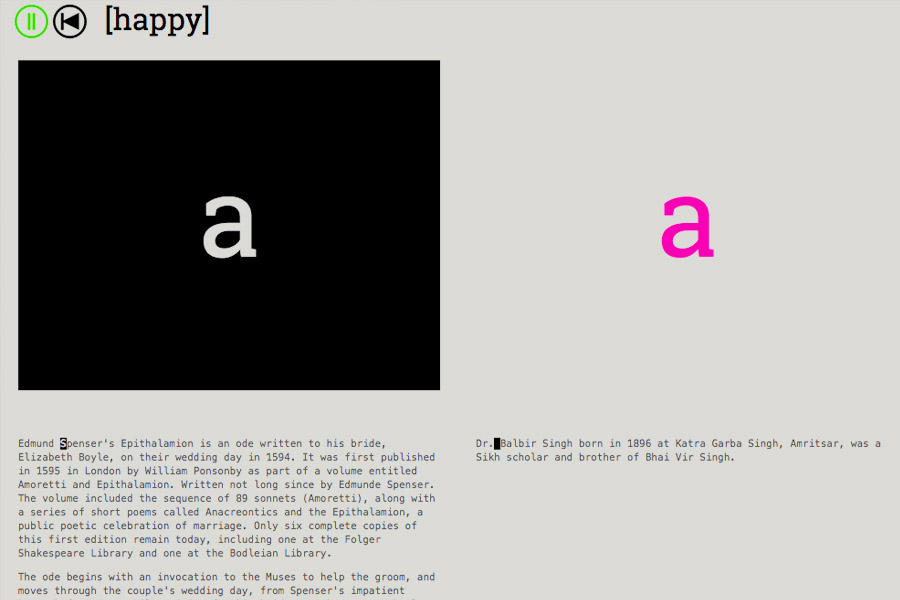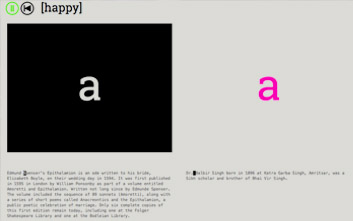Belarusian composer Ales Tsurkoa has gone and done something pretty cool. microscale is the name of his new project, a generative program that turns Wikipedia articles into music.
Initially developed as the means to write a concept album (which you can hear below), the artist has gone on to publicly release the tool online.
It’s a little tough to explain with words, so before reading further I suggest checking out the website to give it a spin for yourself.

Converting Wikipedia articles into lulling, ambient soundscapes, microscale will put you to sleep faster than a boring Wikipedia article.
Much like the way Brian Eno crafted his last album Reflections, microscale employs a series of musical algorithms to output sound. The input, in this case, is the letters, numbers or punctuation encountered in the randomly chosen articles.
Speaking in an interview, Tsurkoa explained the project like so:
“Generated in real-time from random Wikipedia articles, microscale is a web-based, generative album, also available as a rendered physical CDR and digital download. Each article functions a step sequencer – where the letters are the sequencer steps and the track titles are regular expressions that switch the steps on and off.”
“The web version is generated in real-time and is also hackable – the regular expressions, samples, tempo and other parameters can be edited or replaced – enabling microscale to be used as an instrument and sequencer for the listener’s own music.”
Try it here yourself. True to Wikipedia form, the online version is editable.
Tsurkoa has also released a hand-crafted concept album assembled from microscale sequences. Check it out on Bandcamp below:
[bandcamp width=100% height=120 album=2158005965 size=large bgcol=ffffff linkcol=333333 tracklist=false artwork=small]
Via Synthtopia.




